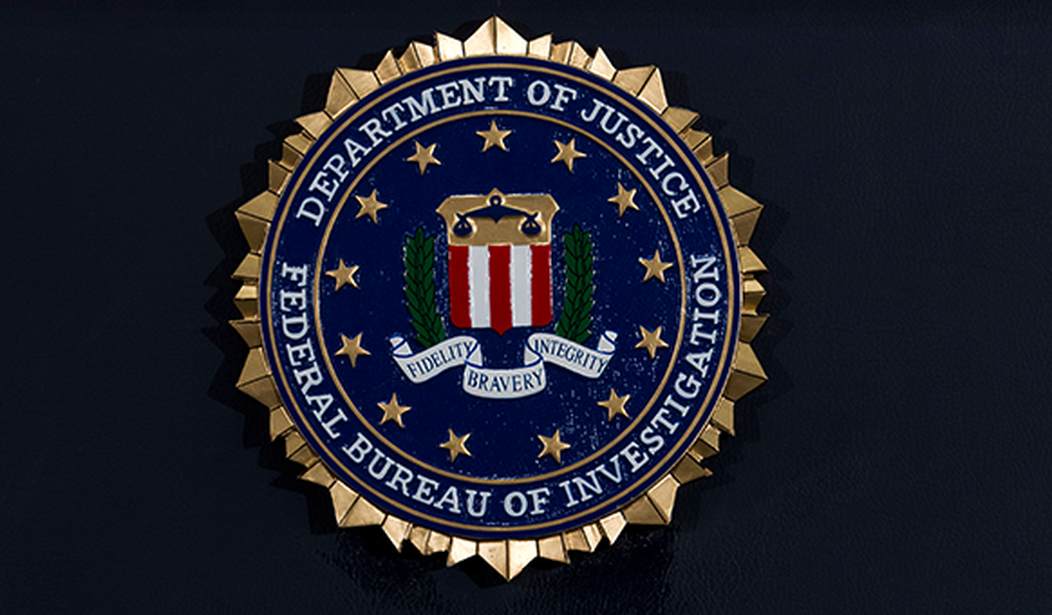"Through confidential sources, undercover agents, and clandestine recordings," the Justice Department announced in October 2020, "law enforcement learned particular individuals were planning to kidnap" Michigan Gov. Gretchen Whitmer and "acting in furtherance of that plan." But it turned out those individuals included the government's "confidential sources," who pushed the half-baked scheme and orchestrated acts "in furtherance of that plan" even when the defendants resisted it.
The appearance of entrapment, coupled with the difficulty of distinguishing between fantasy and criminal conspiracy, explains the embarrassing outcome of a federal trial that ended last week, when jurors acquitted two alleged conspirators and failed to reach verdicts for the other two. It was a well-deserved rebuke of investigative methods that crossed the line between prevention and invention.
Two of the six original defendants, Ty Garbin and Kaleb Franks, pleaded guilty and testified for the prosecution, saying they willingly participated in the kidnapping plot. But the record compiled by the government shows FBI agents and their informants were determined to advance a narrative that would justify their efforts.
The jurors clearly were troubled by that evidence. They acquitted two of the remaining defendants, Daniel Harris and Brandon Caserta, of conspiring to kidnap Whitmer, and could not agree on the charges against the other two, Adam Fox and Barry Croft.
Prosecutors said the defendants, whom they described as members of right-wing militias, were so enraged by Whitmer's heavy-handed COVID-19 control measures that they resolved to kidnap her. But it was doubtful that they had the ability to mount such an operation and unclear what the upshot was supposed to be.
In a September 2020 text message to Dan Chappel, a key FBI informant who was paid more than $50,000 for his work, Special Agent Jayson Chambers said, "Mission is to kill the governor specifically." But Garbin testified that there was talk of stranding Whitmer in Lake Michigan on a boat without a motor, which would somehow prevent Joe Biden from winning the presidential election.
Recommended
The government portrayed Fox, who was commonly dismissed as an indecisive, incompetent and unserious stoner, as the ringleader. Yet Fox repeatedly talked about abandoning or indefinitely delaying the kidnapping scheme, and even when he discussed the logistics it was clear he had no realistic plan: He imagined using boats and a helicopter, for instance, even though he had access to neither.
Several elements of the plot described by the Justice Department seemed to be products of government instigation. During a June 2020 meeting highlighted by the FBI, for example, it was an informant who argued that kidnapping was necessary.
When Fox reported that militia members could not agree on a plan to kidnap Whitmer or suggested that the idea should be put "on the back burner," Chappel continued to promote the scheme. He and the other informants also suggested alternative crimes, such as firing rounds into Whitmer's vacation cottage and destroying her boat.
The informants encouraged, coordinated, assisted or funded various acts that the government cited as evidence of a conspiracy, including the use of encrypted communications, a nighttime drive to Whitmer's cottage that went awry because the FBI gave the wrong address and several "field training exercises" (FTXs). Although the FBI suggested that abbreviation was familiar to the defendants, Caserta had to ask Chappel what it meant.
The FBI said its informants operated independently, unaware of each other's identities. But audio recordings show they colluded to produce the evidence the FBI wanted. "I am not going to induce any fucking illegal activity that we don't have to," one declared.
These FBI tactics are familiar from earlier investigations. In many terrorism cases, the agency likewise used informants to implicate suspects in crimes they otherwise might not have had the inclination or wherewithal to commit.
"We have a saying in my office," Special Agent Henrik Impola told a confidential informant after the kidnapping suspects were arrested. "Don't let the facts get in the way of a good story."

























Join the conversation as a VIP Member